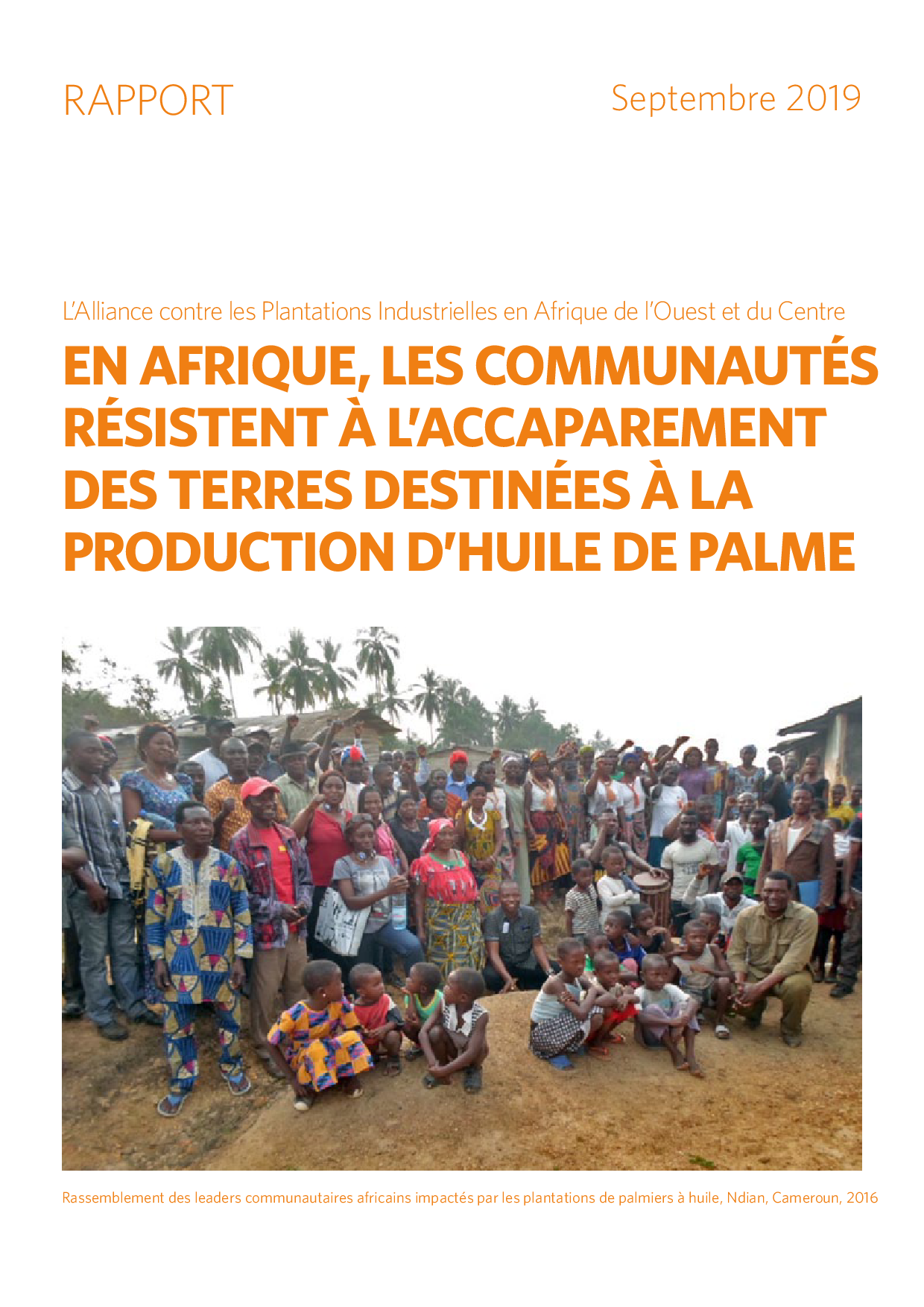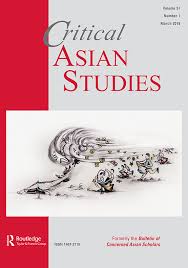Property-level direct and indirect deforestation for soybean production in the Amazon region of Mato Grosso, Brazil
Brazil’s Soy Moratorium solidified the world’s largest traders’ commitment to stop soybean purchases from production areas deforested after July 2006. The aim was to remove deforestation from the soybean supply-chain and halt one of the main drivers of forest loss in the Amazon biome. In this study, we investigated changes in deforestation at the property-level for the period 2004 to 2014.









